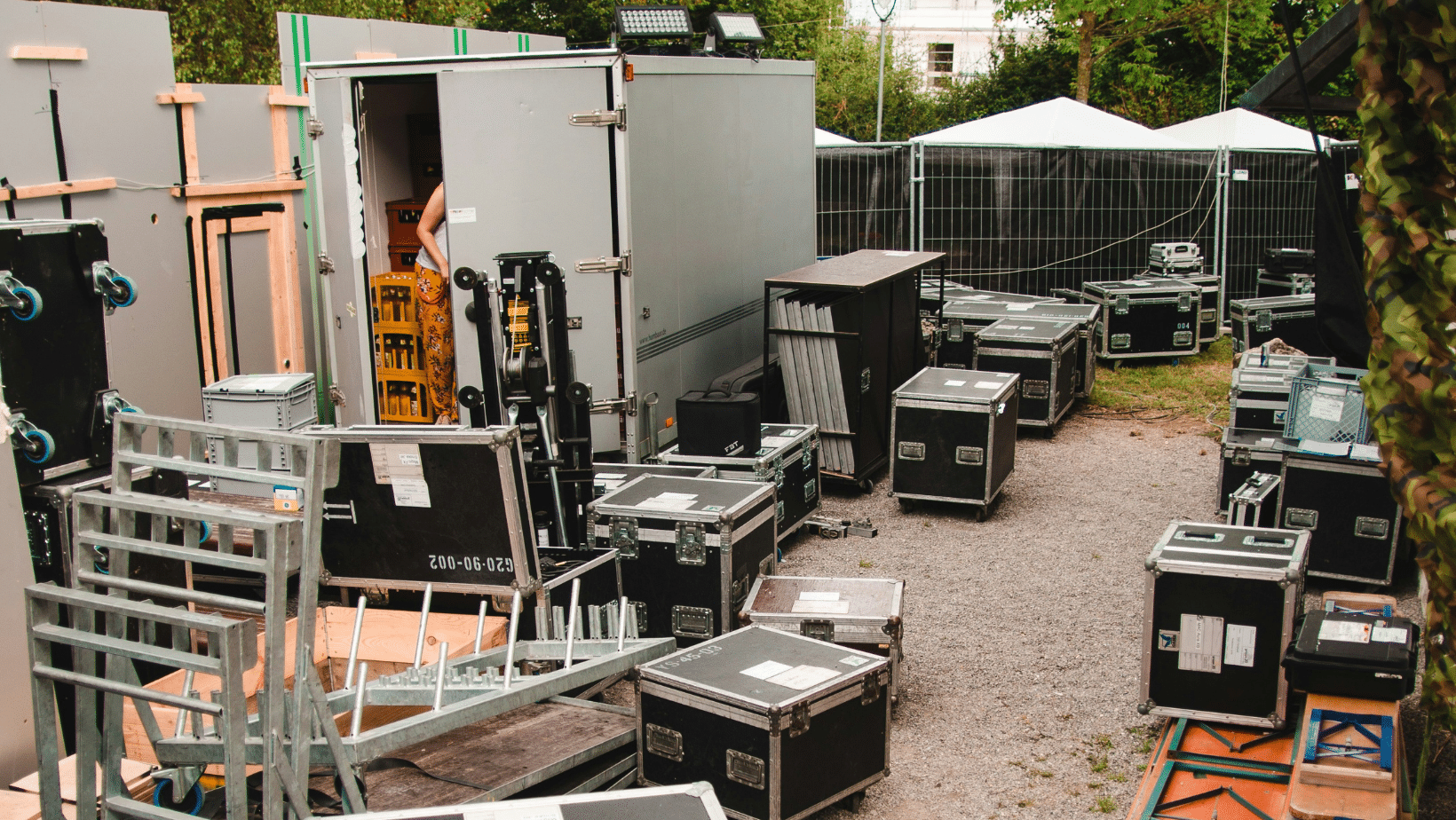Writing and Interviewing about Personal and Difficult Topics
Cable Ties’ latest release “All Her Plans” focusses on experiences my family has had navigating the health care and so-called justice system with someone who experiences addiction and complex mental health issues. Because of the difficult and personal nature of the subject matter, I have had to develop a better strategy for approaching interviews and looking after myself as I go through the album cycle.
It’s a work in progress but here is the process I have developed so far:
1. Write it all down
Figuring out how you’re going to talk about an album, particularly when it discusses personal or challenging topics, can be really overwhelming. I find a helpful first step is to spew all the thoughts I have about each song onto a page. This helps me clarify exactly what the song is about, while identifying the aspects of the song that I am comfortable sharing with the world and those that I am not.
Sometimes, I will share these thoughts with people I trust like my bandmates, so they can have an idea of which songs might be challenging for me to play, and the things I don’t want them to discuss with other people. Most of the time though this step is for me alone.
2. Identify your boundaries for interviews
Once you have completed step one you should have a better idea of what you are comfortable talking about publicly. Write that down for each song. These descriptions are typically one liners that end up in press releases, plus a bit more detail if necessary. They are useful to have in front of you during an interview so if a question catches you off guard, you can have what you have written there as a safety net.
“When writing this album, I tried not to let my concerns about how I was going to talk about it in interviews get in the way of the songwriting process. Rather than put things ‘off limits’ I let myself write anything and then figure out how much of it I was going to talk about later. “
I find that when I let an imagined audience get between me and my song, it strangles the song and prevents it from resonating honestly. How many great breakup songs would be ruined if the writer was too concerned about what people would think and who it was about?

Eventually though you do have to present what you have written to the world but the golden rule is this; you don’t have to say anything at all if you don’t want to. You don’t owe anyone an explanation of what your song is about. On our latest album, my public explanations range from paragraph long rants to a simple ‘I don’t talk about what this song is about.’
“When you’re constantly trying to promote yourself and get people to listen to you, you can feel obligated to answer every question when you do get the interview you have requested.”
But you don’t have to! Just say ‘people can interpret that song as they wish.’ If it’s a written interview, just delete the question. No rules. I bet you’re not being paid to create this free content for someone’s website/ magazine, so do whatever the hell you want.
3. Be kind to yourself when things go wrong
So you’ve written your totally perfect, watertight public explanations about your songs and you’re ready to face the world. However in your first interview you immediately screw up and spill your guts on something, revealing more than you wanted to. This has happened several times during this album cycle and I have made the mistake of beating myself up about not following the ‘rules’ I have made for myself.
I had to remember that the ‘rules’ I made were just some guidelines designed to help me, and I don’t need to punish myself for straying away from them. Also, when I read the articles that I ‘screwed up’ , the things I said never came across as badly as I thought. Often they didn’t even end up in the article. Besides, people don’t read things anyway, they just watch TikToks on Instagram. Jokes.. You’re reading this right now! And soon dear reader I will reveal all of my deepest secrets as a reward, plus this one trick that doctors don’t want you to know about…
4. Look after yourself when unexpected feelings or mood swings come up

This album discusses some of my most difficult experiences and memories. Even when I’ve had a really good interview, I sometimes crash really hard afterwards and either feel close to a panic attack or exhausted and unable to stand up. After playing the new set for the first time I woke up completely spent and had no social energy left to talk to anyone.
“I have a tendency to criticise myself for having ‘too many emotions.’ So when I get overwhelmed like this, that negative voice in my head says ‘what the hell is wrong with you, it was just an interview, get over it, get up and do something.’“
This of course is the opposite of what helps. If I push the mood swing down then it will rear its head 2 hours later when I burst into tears or fly into a rage because I can’t open a can or something.
After a few years of counselling, a graduate diploma in psychology and the help of many lovely friends and partners, I am finally, slowly learning to let the mood swing pass through me. Lie on the couch, cry, take some deep breaths, pat the dog or go for a walk. Do whatever your body is telling you it needs and take a sec. This stuff isn’t easy for anyone.


